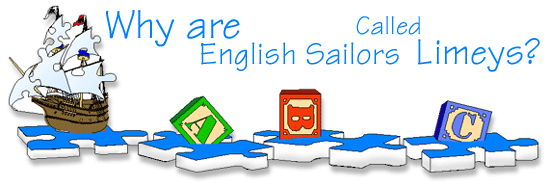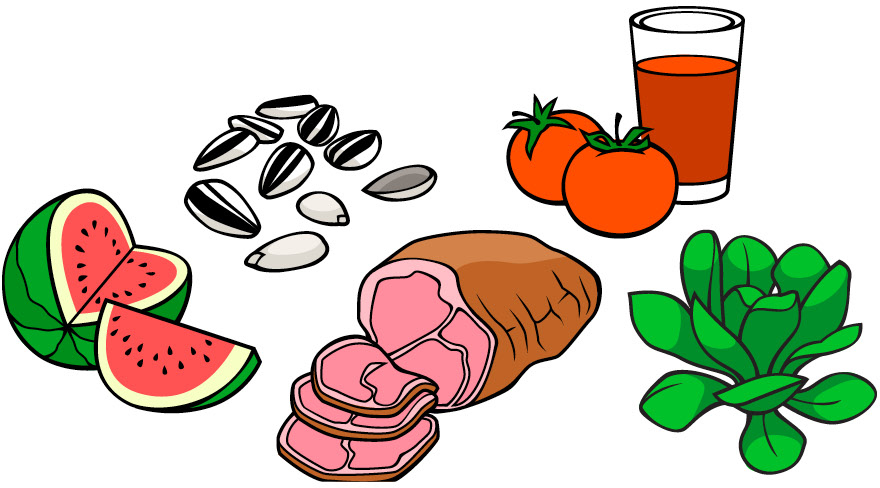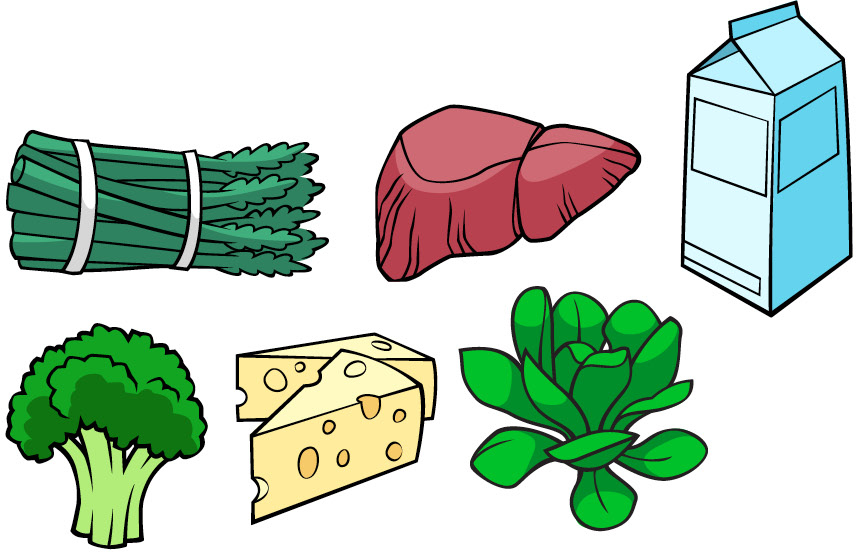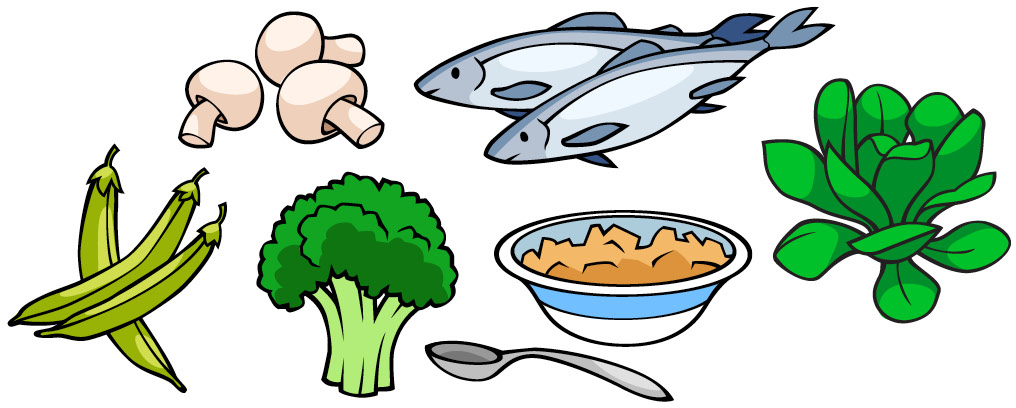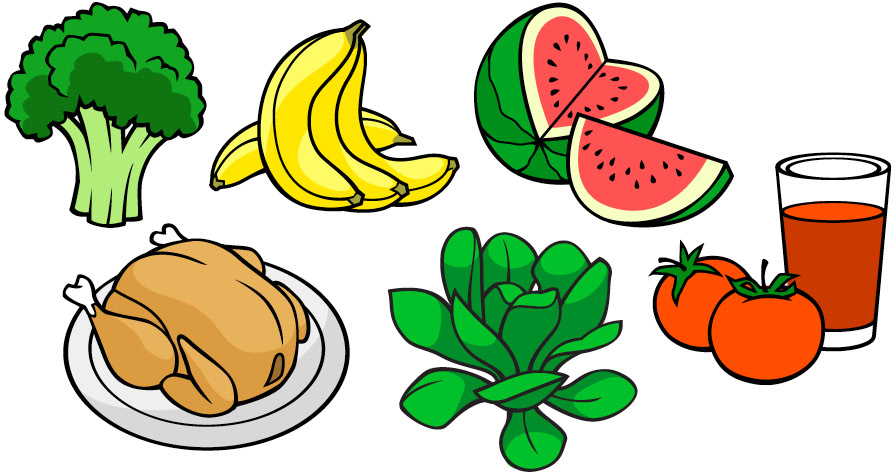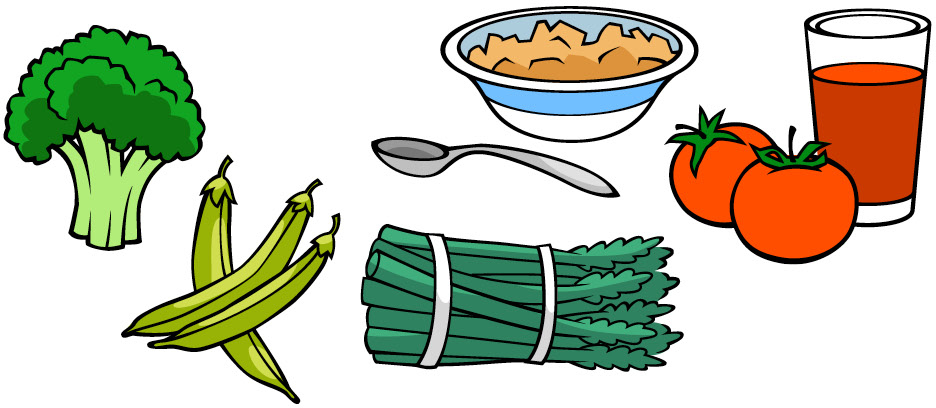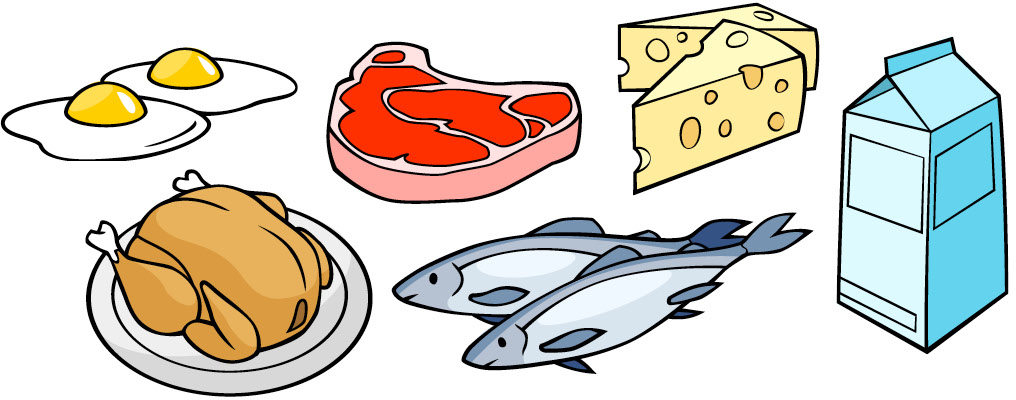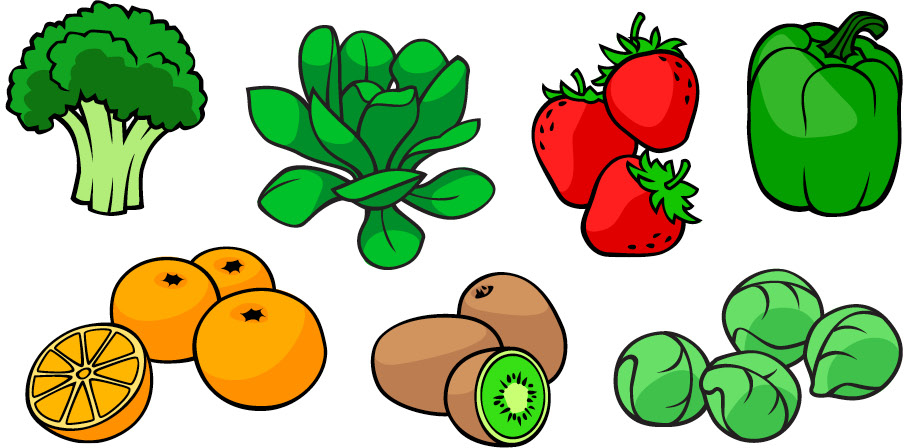Water Soluble Vitamins
Read more about: Why Are English Sailors Called Limeys?
Bibliographic details:
- Article: Water Soluble Vitamins
- Author(s): Dr. Biology
- Publisher: Arizona State University School of Life Sciences Ask A Biologist
- Site name: ASU - Ask A Biologist
- Date published: 8 Oct, 2009
- Date accessed:
- Link: https://askabiologist.asu.edu/content/water-soluble-vitamins
APA Style
Dr. Biology. (Thu, 10/08/2009 - 14:55). Water Soluble Vitamins. ASU - Ask A Biologist. Retrieved from https://askabiologist.asu.edu/content/water-soluble-vitamins
Chicago Manual of Style
Dr. Biology. "Water Soluble Vitamins". ASU - Ask A Biologist. 08 Oct 2009. https://askabiologist.asu.edu/content/water-soluble-vitamins
Dr. Biology. "Water Soluble Vitamins". ASU - Ask A Biologist. 08 Oct 2009. ASU - Ask A Biologist, Web. https://askabiologist.asu.edu/content/water-soluble-vitamins
MLA 2017 Style
Be Part of
Ask A Biologist
By volunteering, or simply sending us feedback on the site. Scientists, teachers, writers, illustrators, and translators are all important to the program. If you are interested in helping with the website we have a Volunteers page to get the process started.

